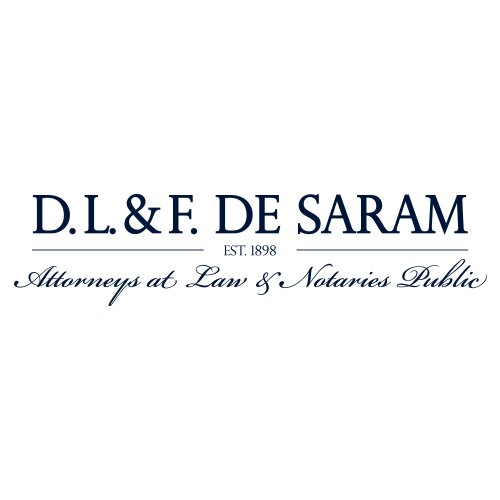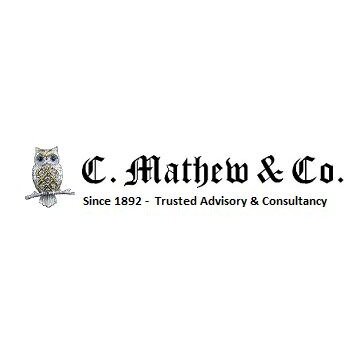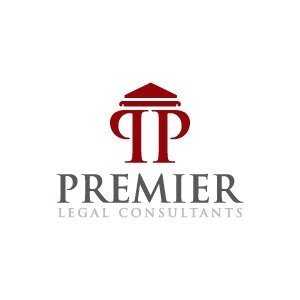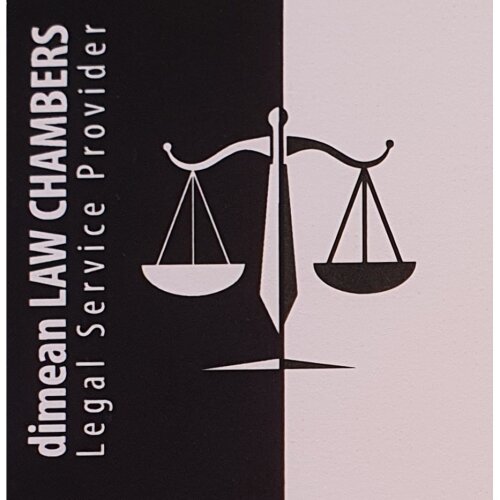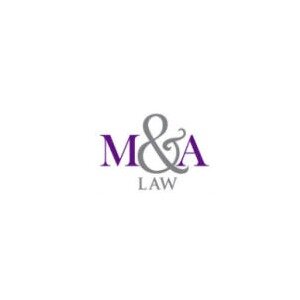Best Trademark Lawyers in Colombo
Share your needs with us, get contacted by law firms.
Free. Takes 2 min.
List of the best lawyers in Colombo, Sri Lanka
About Trademark Law in Colombo, Sri Lanka
In the growing global market, trademarks serve to make your brand or product stand out. In Sri Lanka, specifically Colombo, trademark law is governed by the Intellectual Property Act No.36 of 2003. This law provides a broad range of protections for trademarks, including words, names, symbols, or devices used by manufacturers or traders to distinguish their goods or services from others. Any misuse or imitation of trademarks by others without permission can be deemed illegal and punishable in court.
Why You May Need a Lawyer
Engaging a lawyer becomes essential in certain situations, such as registering your trademark, contesting a denied application, or protecting your trademark against infringement. Lawyers with expertise in trademark law can provide timely advice and ensure that your rights are adequately protected. Moreover, they can execute necessary legal actions if your trademark is being misused or counterfeited.
Local Laws Overview
The Intellectual Property Act encompasses all aspects of trademark law in Sri Lanka, including registration, protection, and enforcement. Under this Act, a trademark once registered is protected for ten years, after which it can be renewed indefinitely, every ten years. Trademarks not used for five consecutive years may be subject to removal from the register. In case of infringement, the act provides for both civil remedies, such as damages and injunctions, and criminal punishments including fines and imprisonment.
Frequently Asked Questions
1. How can I register a trademark in Colombo, Sri Lanka?
Trademark registration involves submitting an application to the National Intellectual Property Office (NIPO) of Sri Lanka. You will need to provide details about your trademark and the related goods or services. The application is then examined, and if accepted, is published in the Official Gazette. After a period of objection, the trademark can be registered.
2. How long does it take to register a trademark?
The whole trademark registration process in Sri Lanka generally takes about 15 to 18 months, assuming there are no oppositions or objections from third parties.
3. What can I do if someone is using my trademark without my permission?
If your registered trademark is being infringed upon, you can take legal action against the infringer seeking damages and injunctions. Your lawyer can guide you through this process.
4. Is it possible to trade or transfer a trademark?
Yes, it is possible to transfer a trademark through an assignment or a licensing agreement. Such transactions need to be recorded with the NIPO.
5. Can a foreigner register a trademark in Sri Lanka?
Yes, foreigners can register a trademark in Sri Lanka. They may need to appoint a local agent, such as a lawyer, to represent them in the process.
Additional Resources
You can refer to the official website of the National Intellectual Property Office (NIPO) of Sri Lanka for comprehensive information about trademarks and relevant procedures. You can also consult local legal firms specializing in intellectual property and trademark law for legal advice.
Next Steps
If you need legal assistance with trademarks in Colombo, identify a competent lawyer or legal firm specializing in this area. Assemble all necessary documents related to your trademark for the lawyer to review. If you are looking to register a trademark, clarify your product or service category and initiate a search for similar existing trademarks. Always stay proactive in safeguarding your rights.
Lawzana helps you find the best lawyers and law firms in Colombo through a curated and pre-screened list of qualified legal professionals. Our platform offers rankings and detailed profiles of attorneys and law firms, allowing you to compare based on practice areas, including Trademark, experience, and client feedback.
Each profile includes a description of the firm's areas of practice, client reviews, team members and partners, year of establishment, spoken languages, office locations, contact information, social media presence, and any published articles or resources. Most firms on our platform speak English and are experienced in both local and international legal matters.
Get a quote from top-rated law firms in Colombo, Sri Lanka — quickly, securely, and without unnecessary hassle.
Disclaimer:
The information provided on this page is for general informational purposes only and does not constitute legal advice. While we strive to ensure the accuracy and relevance of the content, legal information may change over time, and interpretations of the law can vary. You should always consult with a qualified legal professional for advice specific to your situation.
We disclaim all liability for actions taken or not taken based on the content of this page. If you believe any information is incorrect or outdated, please contact us, and we will review and update it where appropriate.



